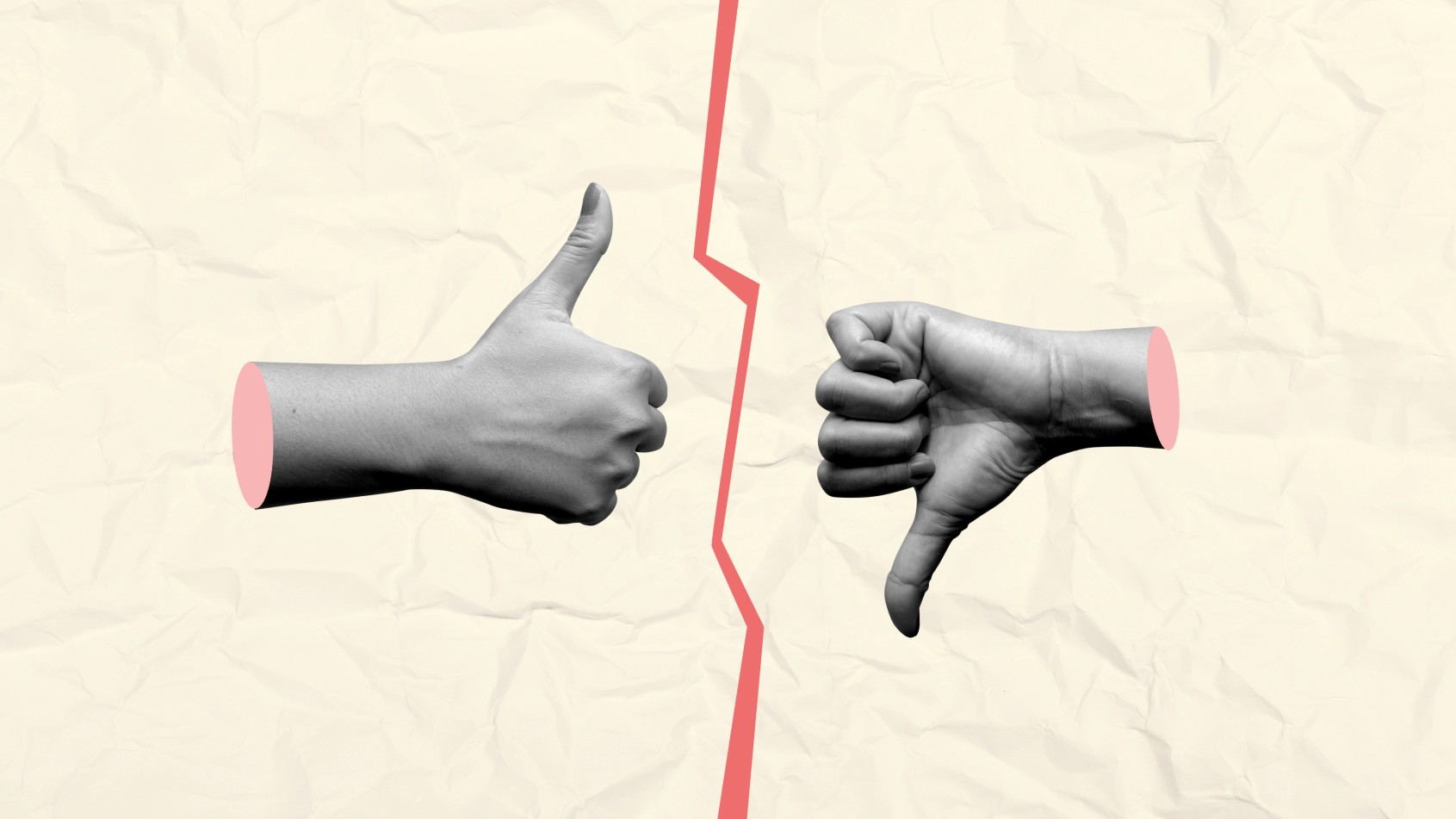Brands Prefer Male/Female to Selling Gender Uncertainty

Is Pepsi male or female? How about Craftsman? Victoria’s Secret? Nickelodeon? This is of course a silly question on the surface. How could a brand have a gender?
Well, according to Harvard Business Review‘s Andrew O’Connell, research suggests consumers like to perceive gender in brands, and the brands themselves have taken notice. Yet where social perceptions of gender are gradually shifting away from the traditional binary, brands prefer to play it safe and project feelings of either masculinity or femininity.
Here’s O’Connell ruminating on this topic:
“Think of brand imagery for cars — food — clothing. Are brands trying to lead us back toward comforting, old-school notions of masculinity and femininity in a time of gender uncertainty? Should they be leading us in that direction? Does the word ‘should’ even apply to branding?“
And then O’Connell notes that research has shown that latching onto elements of gender has been shown to be beneficial in brand advertising:
“A team led by Theo Lieven, a researcher at the University of St. Gallen in Switzerland, recently showed that brands with stronger impressions of masculine or feminine personality have higher brand equity (defined as the difference in perceived utility between a branded and a similar nonbranded product).”
In a way it seems rather silly that we’re talking about this, except that in the age of social marketing the methods companies employ to attract us are bound to have an effect in shaping us as well. It’s like Jason Silva says: “Everything that we design is designing us back.” So what does it mean if we’re being targeted with certain gender messages as opposed to certain other gender messages?
O’Connell posits that perhaps quick shifts in gender perceptions make the general public uncomfortable, thus explaining the popularity of traditional stereotypes.
Take a look at the full piece linked below for what is a fascinating investigation into how marketing affects our perception of gender.
Read more at HBR.
Below, Shark Tank star Barbara Corcoran explains that you lose in the long run if you don’t invest in your brand.
Photo credit: Rawpixel / Shutterstock





